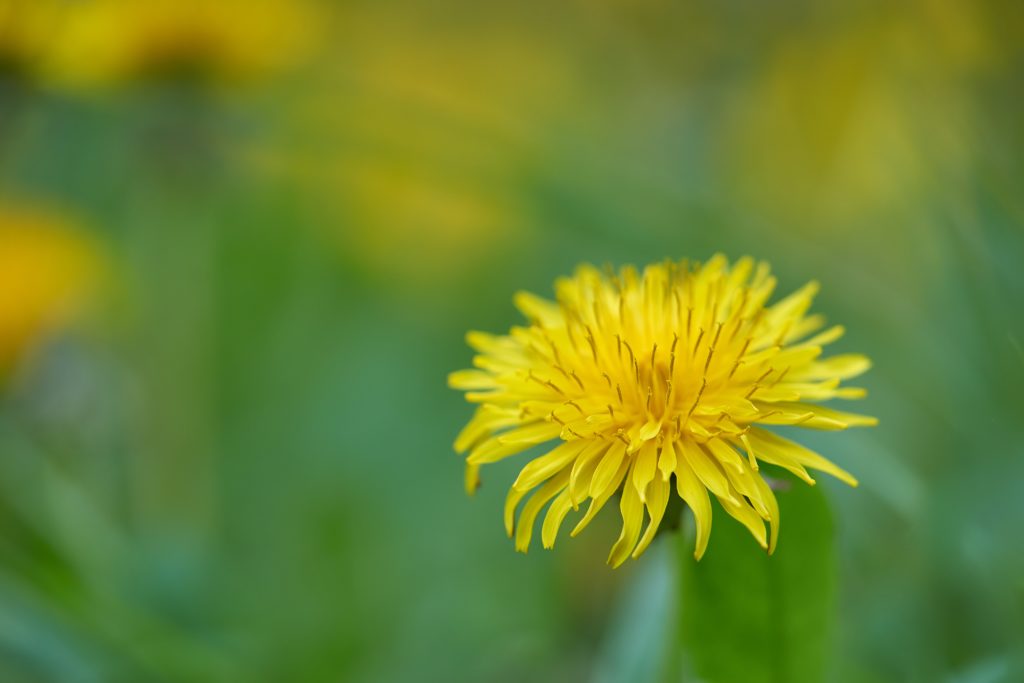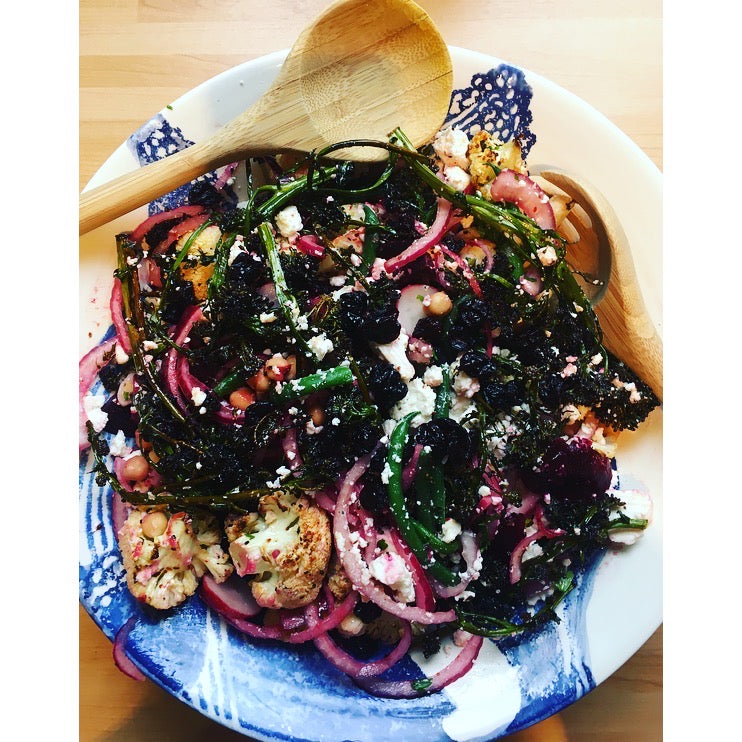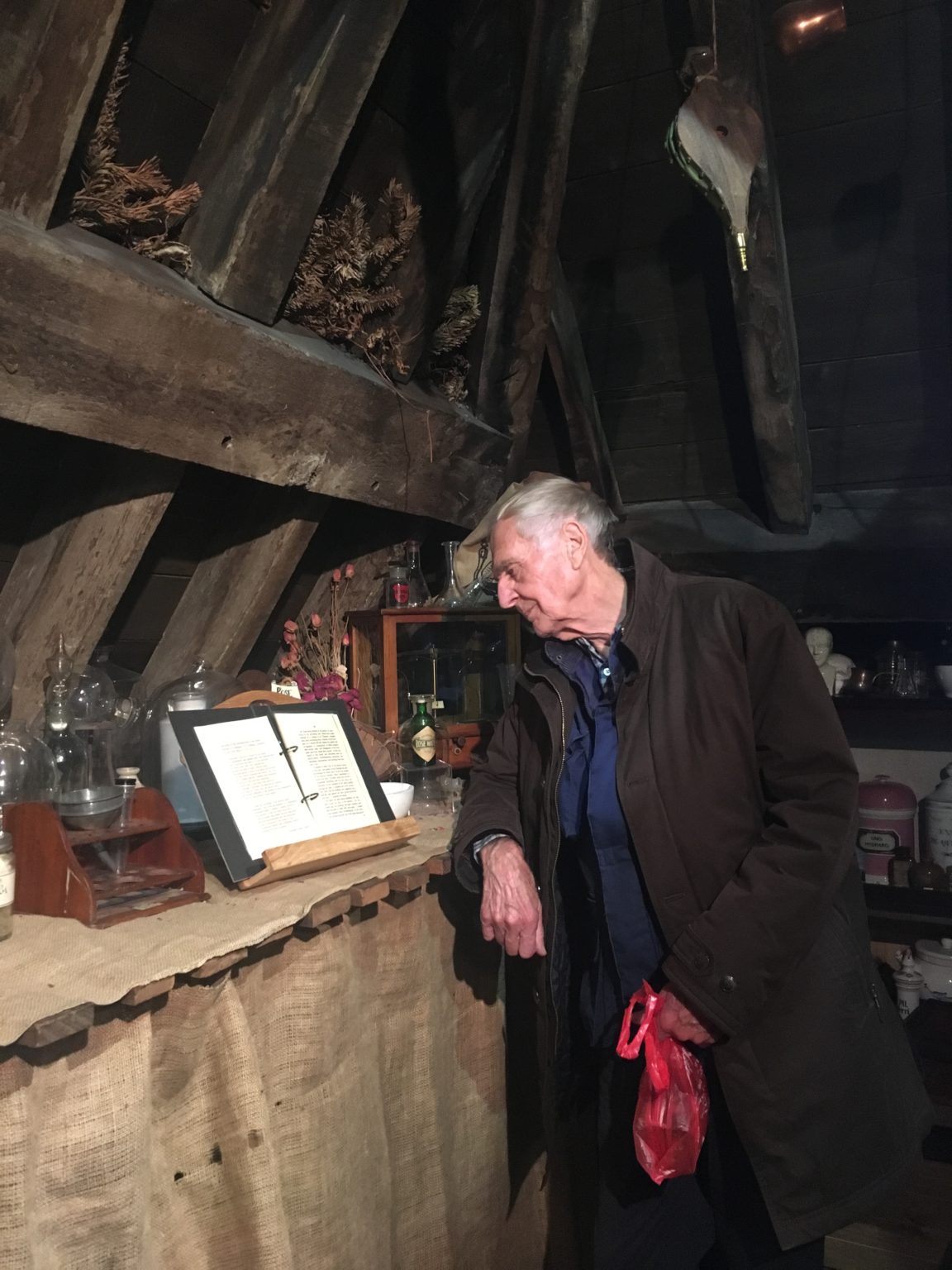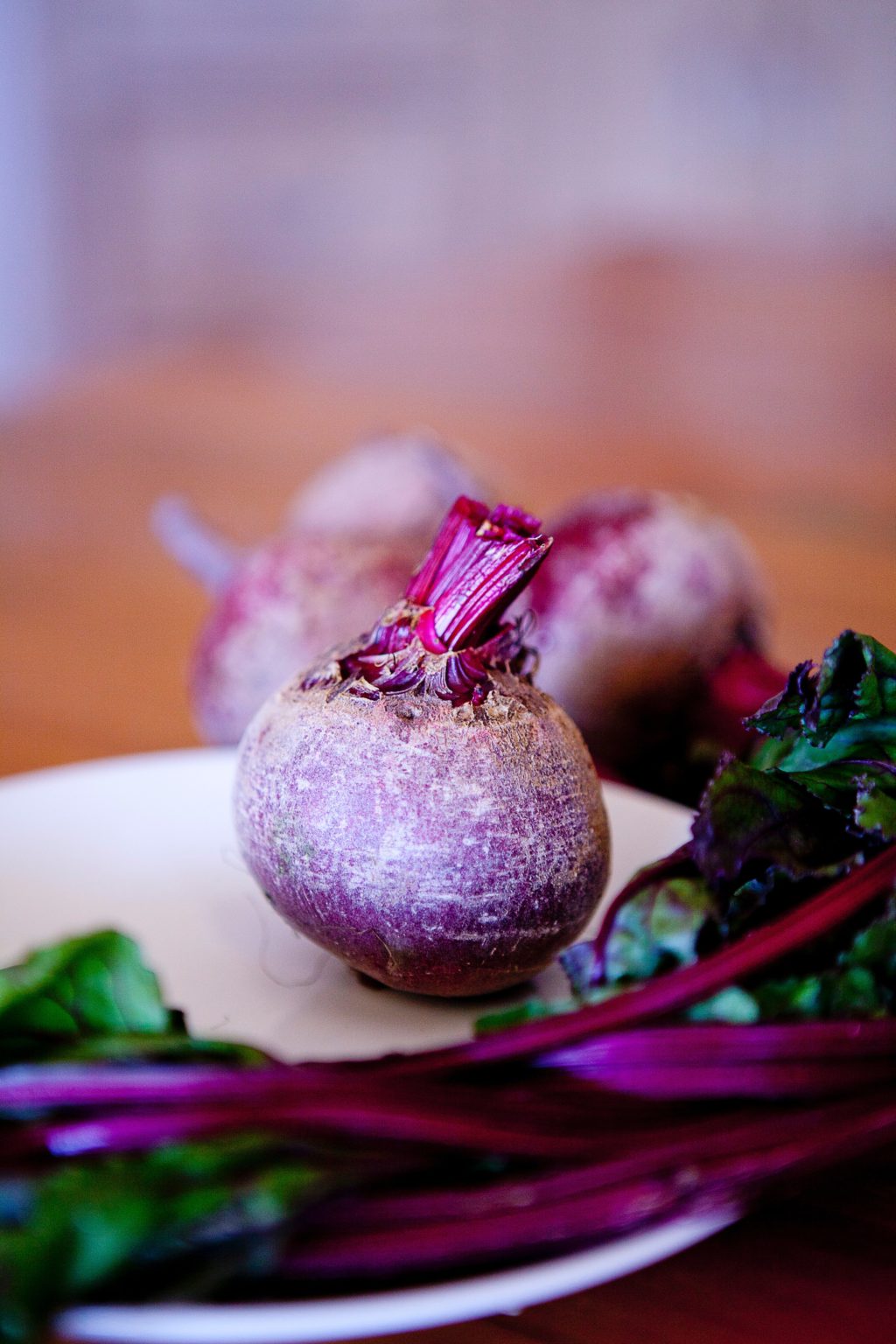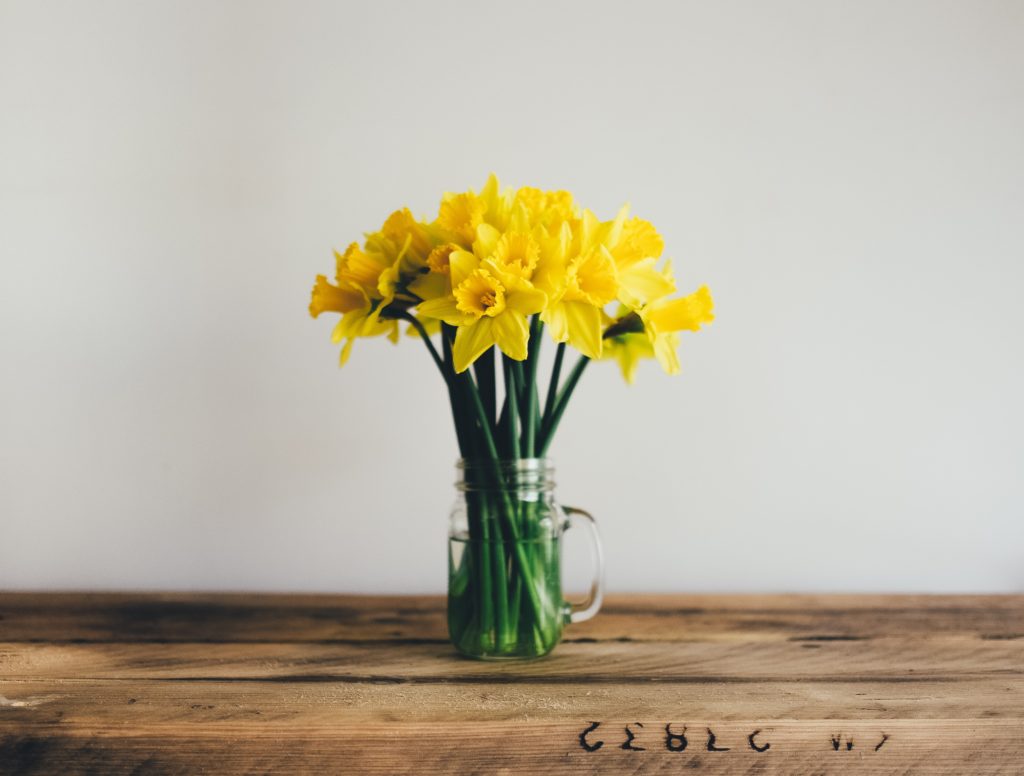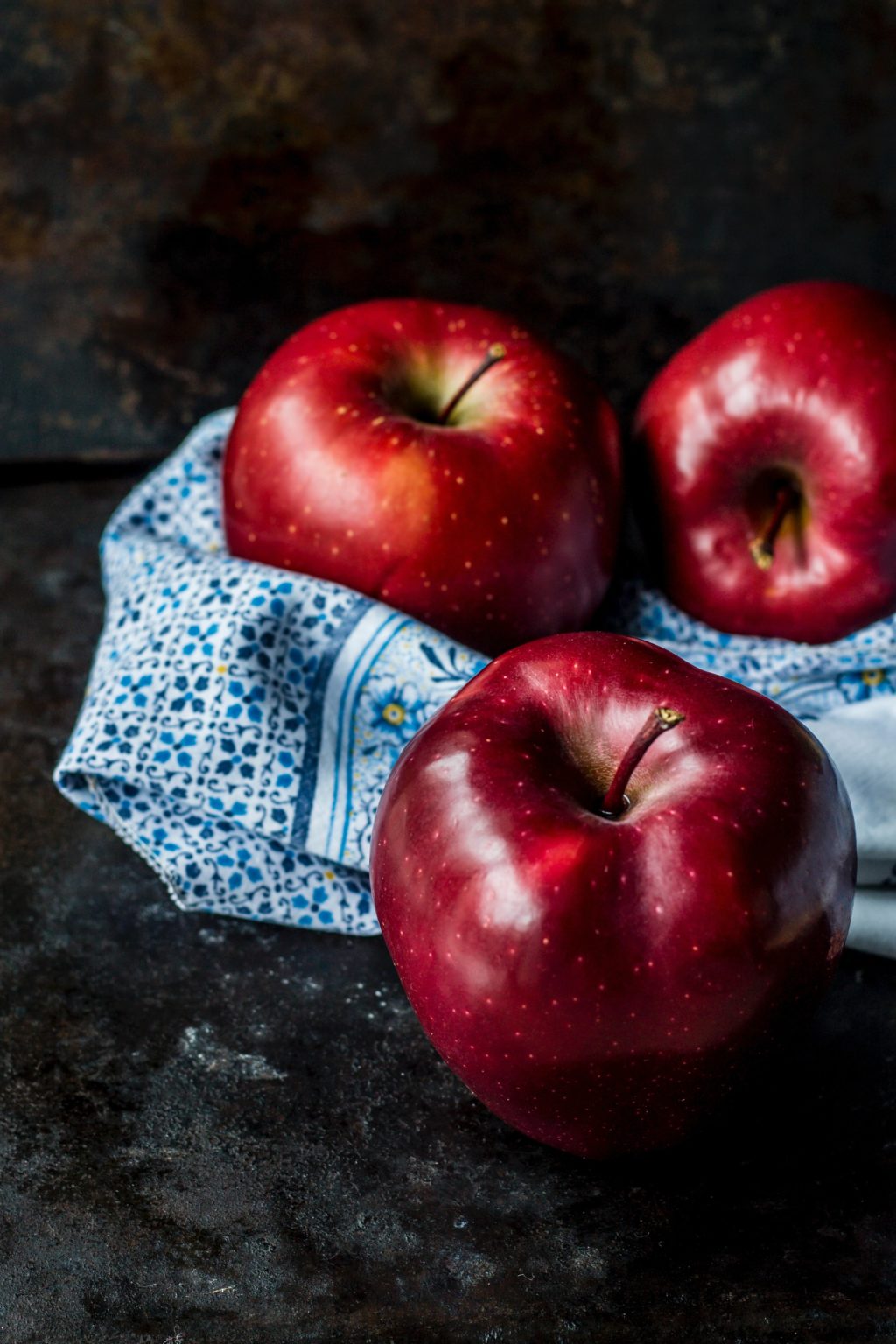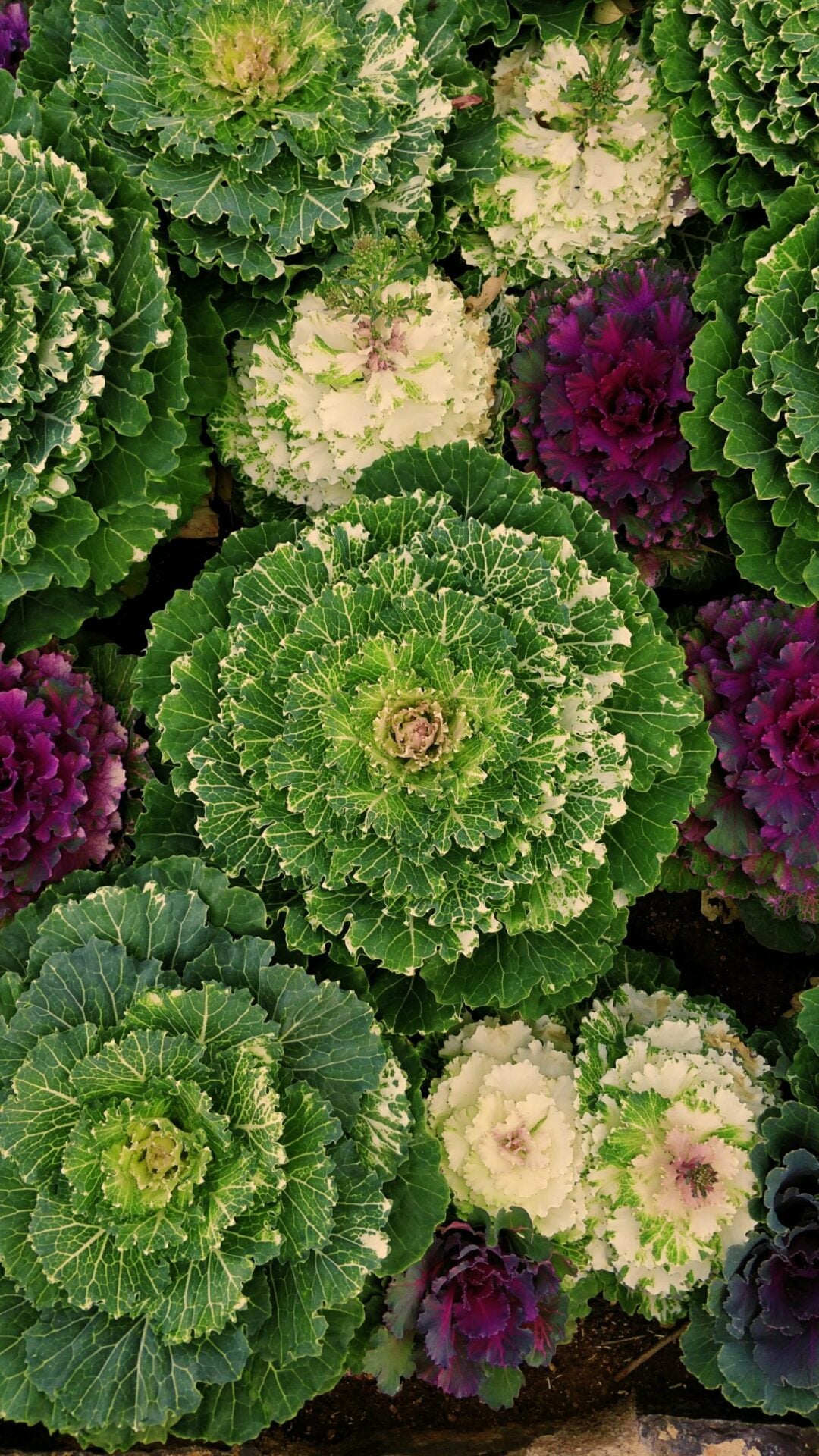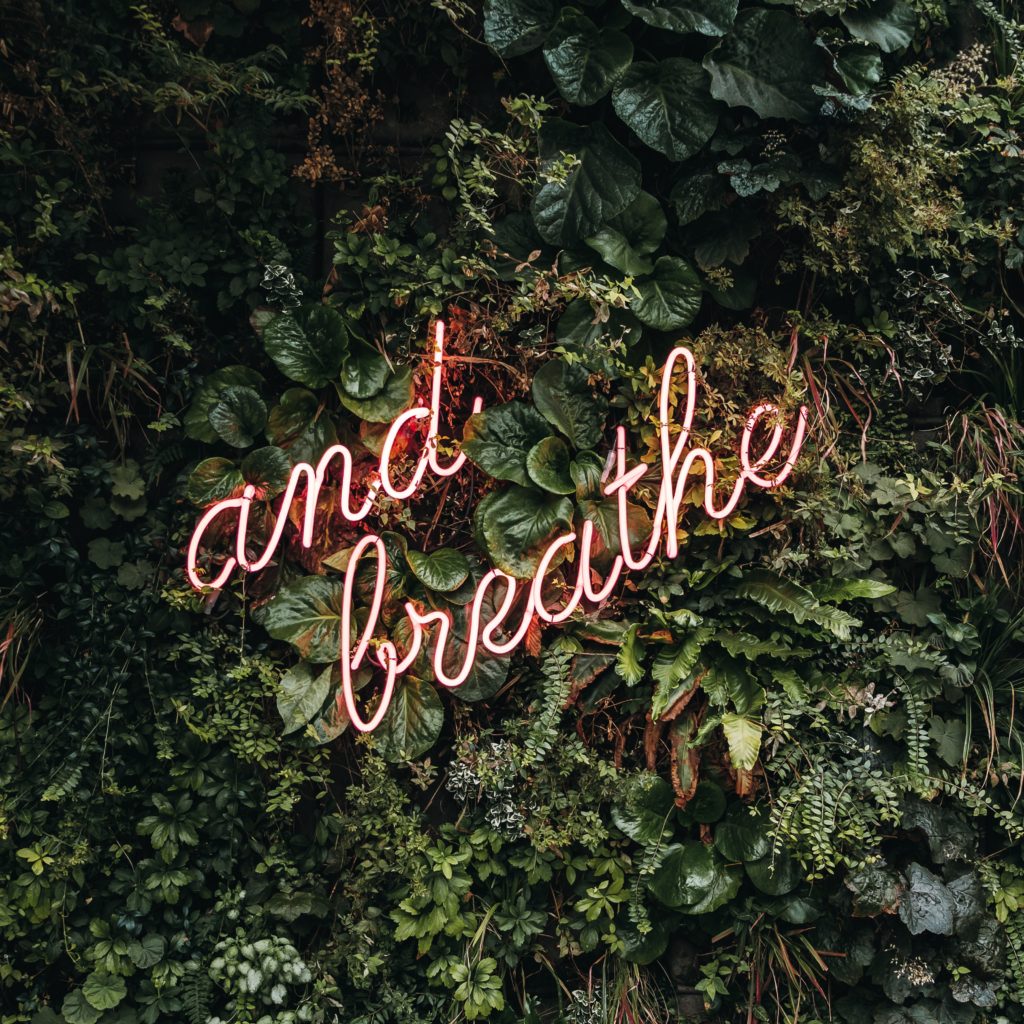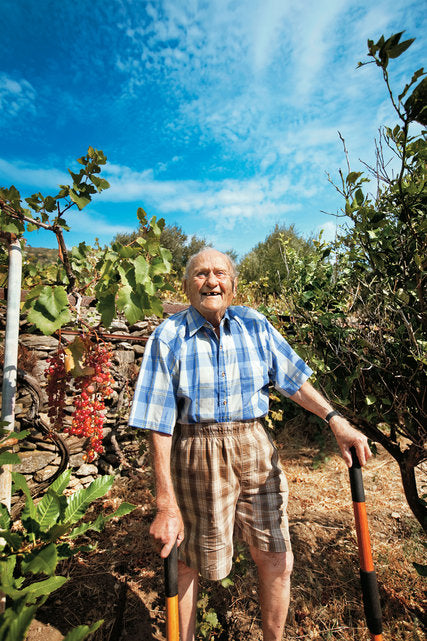Journal
- All
- Antioxidant
- Astragalus
- Blood clots
- Brain fog
- Burnout
- Cervical cancer
- Cholecystectomy
- Cold feet
- Cracked heels
- Echinacea
- Exhaustion
- Fatigue
- Gallbladder
- Headaches
- Health Advice
- Heart health
- Liver
- Low immunity
- Low white blood cells
- Memory
- Menopause
- Migraines
- Nervous system
- Perimenopause
- Recipe
- RnA ReSet
- Strokes
- Sun protection
- Thyroid
Covid-19 and Dandelions – Part 2 by Brian Lamb
It is likely that everyone will catch the ubiquitous COVID-19 virus. Most will never know they contracted it. Despite this, fear is rampant and destructive, and it can be seen on every street and it is perpetrated by the media....
Warm Rainbow Salad to Boost and Cheer
A Warm Rainbow Salad to cheer the heart, boost immunity and optimise gut health. This is a warm salad. It is by no means a set in stone recipe and I used what I had. Feel free to mix it...
Preventing and Surviving Influenza – with special reference to Covid19
Guest post by Brian Lamb, Medical Herbalist The old adage: ‘An ounce of prevention is worth a ton of cure’ is especially relevant with regards to influenza. Here are the factors that can open you up to an invasion by...
Beetroot Systemic Detoxifer and Nutritional Powerhouse
This is a lovely recipe my dad developed some time ago. The original recipe used the smaller variety of oranges, but I am using blood red variety. A powerhouse of nutrients containing beetroot, blood red orange (tangerine, clementine, mandarin or...
10 Things to Appreciate About Isolation
Isolation has been forced upon us. What a strange feeling. It is taking a bit of time to get used to and has only just begun. I appreciate for some already in isolated circumstances this is not an outcome you...
10 Ways To A Happy Healthy Gut
Gut Health – What does it really mean? More and more the intricate workings of the gut are being studied. Everyone wants a healthy gut but perhaps don’t know where to begin. The subject is huge and intriguing. To start...
Studies show that consuming kimchi has a beneficial effect on gut bacteria. A raw and unpasteurised fermented probiotic food. It is easy to make and as little as one tablespoon a day offers benefits to the gut microbiome. SPICY KIMCHI...
NAC a Supplement to Help You Breathe and Break the Habit
NAC is short for N-acetylcysteine, a supplement form of cysteine which is a semi-essential amino acid, necessary for making glutathione, an anti-oxidant that helps flight free radicals. Amino acids are the building blocks of protein and play important roles in...
Stomatis Moraitis was a war veteran who arrived in Florida from the Greek Island of Ikaria in 1943 to have treatment for a combat wound. Along with his wife and three children the United States became his home. But then...
